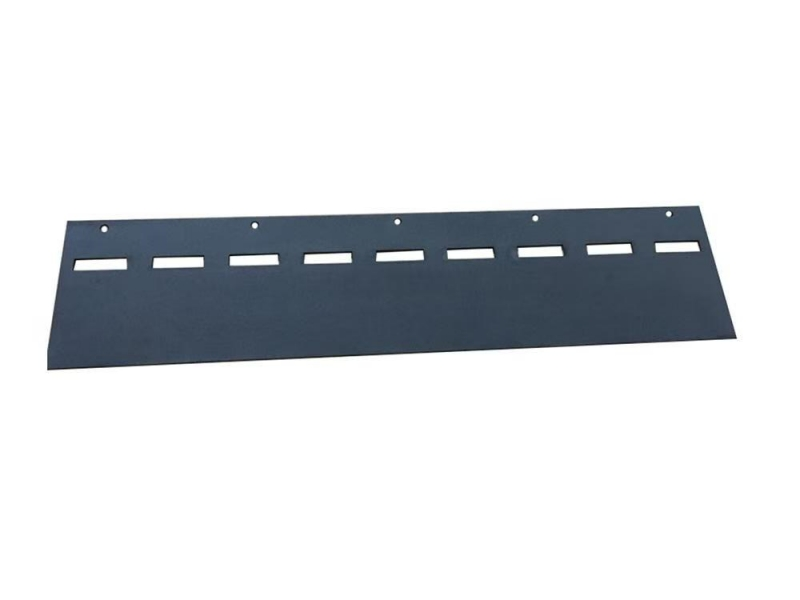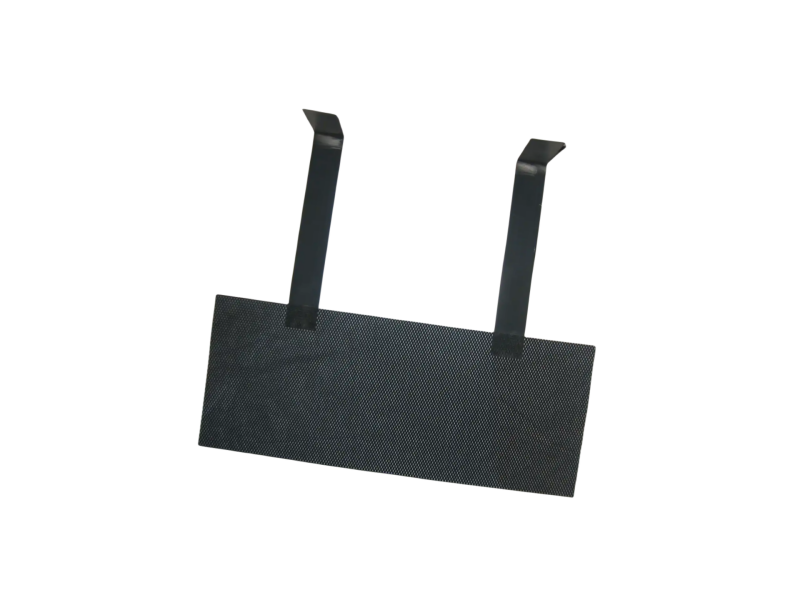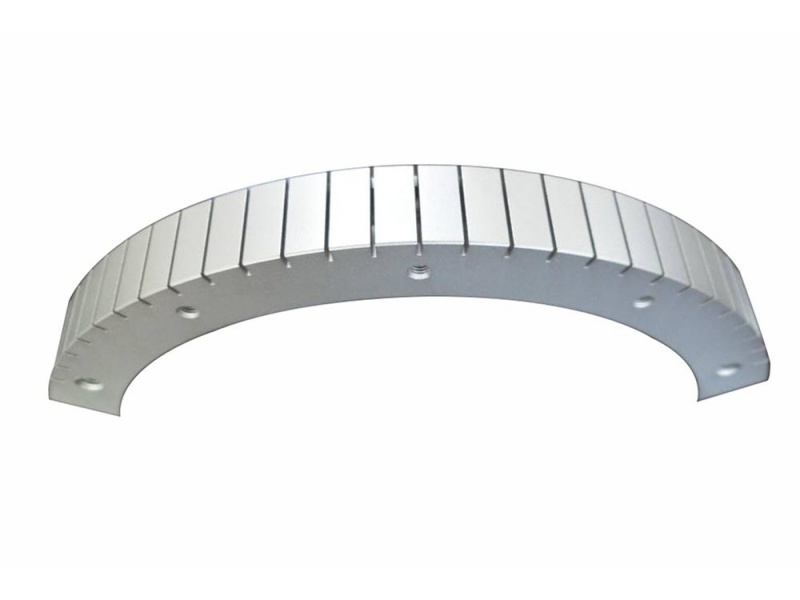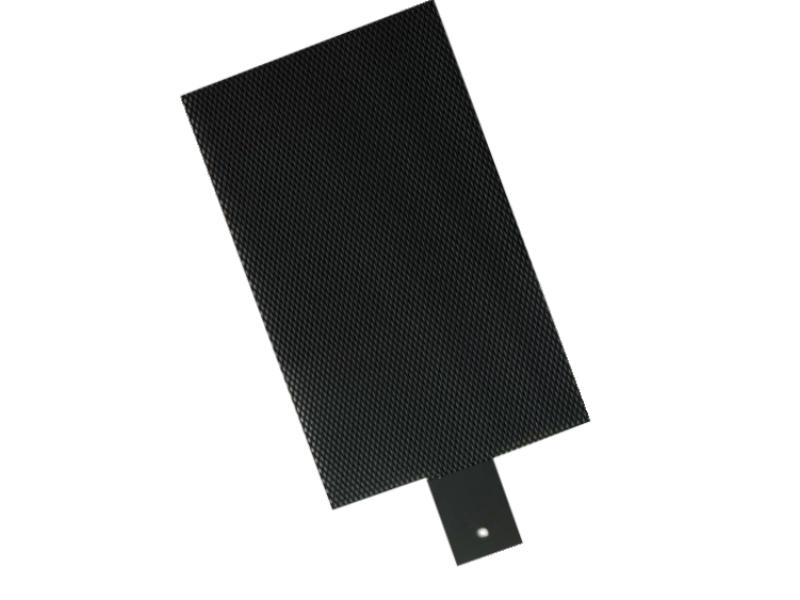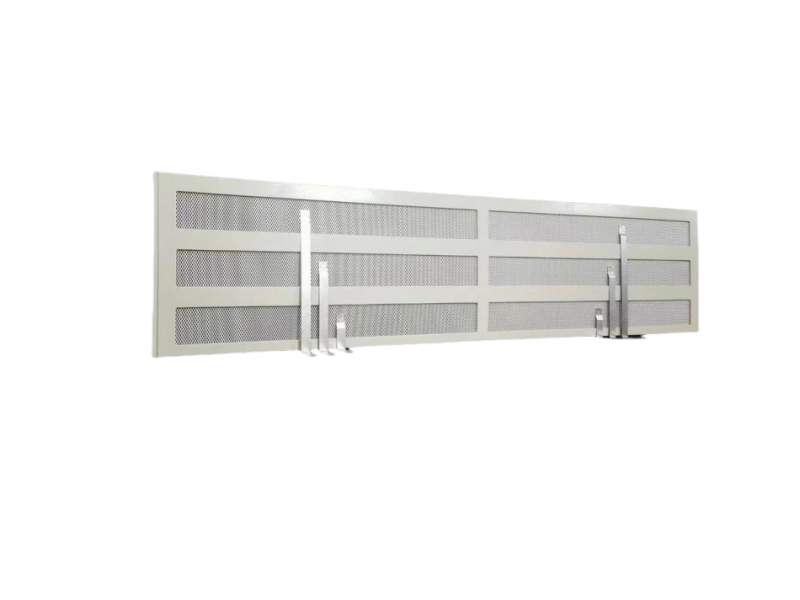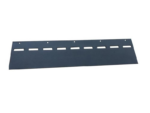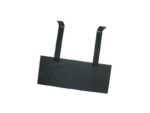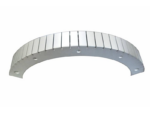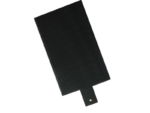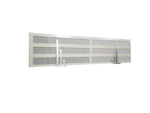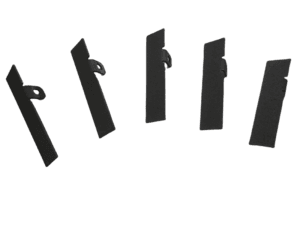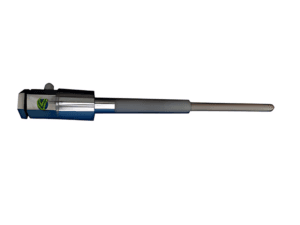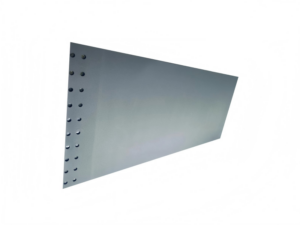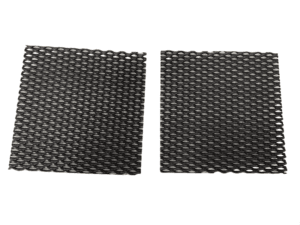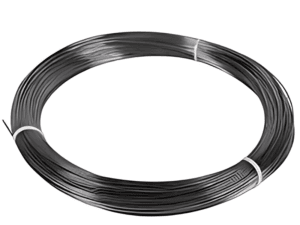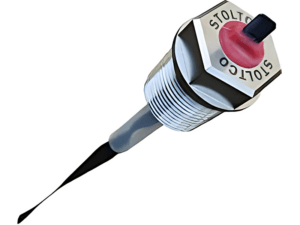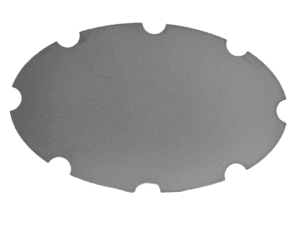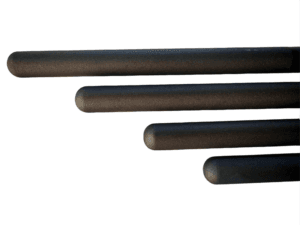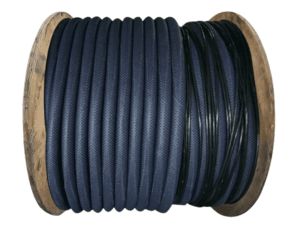Titanium anodes for industrial electroplating
Introduction to Titanium Anodes for Industrial Electroplating
Dimensionally Stable Anode (DSA) is a key material in the field of industrial electroplating. It is based on titanium metal and coated with precious metal oxides (such as ruthenium and iridium oxides) or mixed catalytic coatings on its surface. It has excellent conductivity, corrosion resistance, and electrochemical activity, and is widely used in processes such as nickel plating, chromium plating, zinc plating, and PCB electroplating.
Core advantages
1. High stability: The titanium substrate is resistant to acid and alkali corrosion, and has stable performance in strong oxidizing electrolytes. Its lifespan can reach 5-10 times that of traditional lead anodes, greatly reducing the frequency of replacement.
2. Energy saving and efficient: The coating has high catalytic activity, which can reduce tank voltage by 10% -30%, reduce electricity consumption by more than 20%, and improve current efficiency.
3. Environmental protection and safety: Avoiding the dissolution pollution of traditional lead anodes, reducing the discharge of heavy metal wastewater, and meeting the requirements of green production.
4. Excellent coating quality: The anode surface is uniformly dissolved to prevent impurities from falling off, ensuring the compactness, glossiness, and adhesion of the coating.
Application scenarios
Realize high brightness coating in decorative electroplating (such as automotive parts, bathroom hardware)
Functional electroplating (electronic components, aerospace parts) enhances wear resistance and conductivity;
Reduce losses in precious metal recycling (electrolytic extraction of gold and silver).


